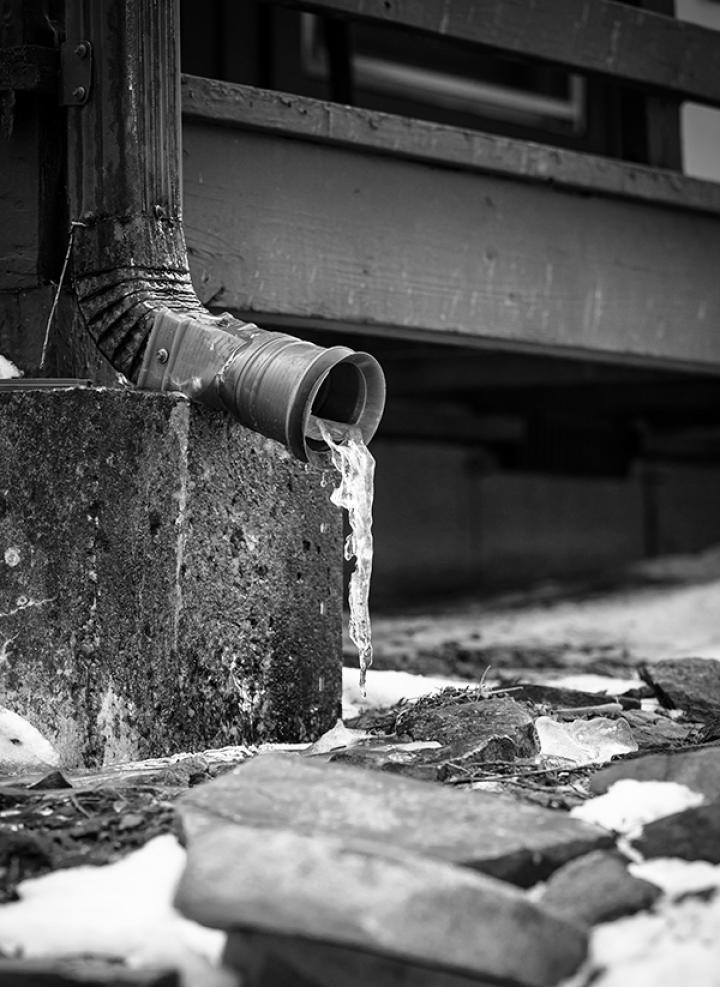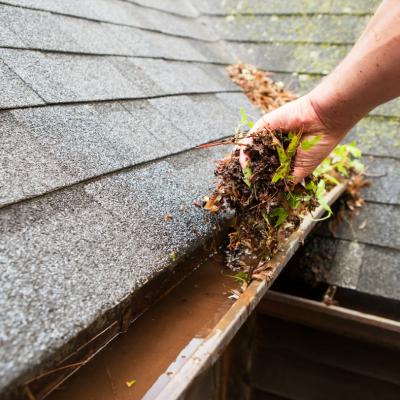Tips to prevent frozen pipes during winter months
Frozen pipes are one of the most common problems that homeowners face during the winter months. Water expands when it freezes inside pipes, causing them to crack or burst, causing significant damage and costly repairs. Here are some tips for preventing frozen pipes during the winter months to help you avoid this problem.

1. Insulate your pipes
Insulating your pipes is one of the most effective ways to prevent frozen pipes. You can buy foam insulation sleeves or use heating tape to wrap your pipes. This will keep the water inside your pipes at a consistent temperature and prevent it from freezing.
2. Maintain a consistent temperature in your home
Even if you are gone for an extended period of time, maintain a consistent temperature in your home. A constant temperature aids in keeping the pipes warm and prevents them from freezing. Even if you are not at home, it is recommended that you keep the temperature at least 55 °F (12 °C).
3. Seal any cracks or gaps
Inspect your home for any cracks or gaps that could allow cold air to enter, particularly in areas where pipes are located. Caulk or weather-strip any gaps or cracks to prevent cold air from entering and causing the pipes to freeze.
4. Open cabinet doors
Allow warm air to circulate around pipes by opening cabinet doors in areas where pipes are located, such as under sinks. This will help them stay warm and avoid freezing.
5. Allow faucets to drip
If the temperature falls below freezing, allow your faucets to drip slowly. This will reduce the risk of freezing by relieving pressure in the pipes and allowing water to flow.
6. Drain your pipes
If you are going to be gone for an extended period of time, consider draining your pipes to prevent them from freezing. Turn off the main water supply and open all faucets to completely drain the water from the pipes.
7. Keep outdoor pipes warm
Outside pipes, such as those for your garden hose or sprinkler system, are especially prone to freezing. To keep them warm, disconnect and drain them before the temperature drops, and consider covering them with insulation or a protective cover.
Conclusion
Finally, frozen pipes can cause significant damage and costly repairs. You can help prevent your pipes from freezing and keep your home warm and comfortable during the winter months by following these tips.


